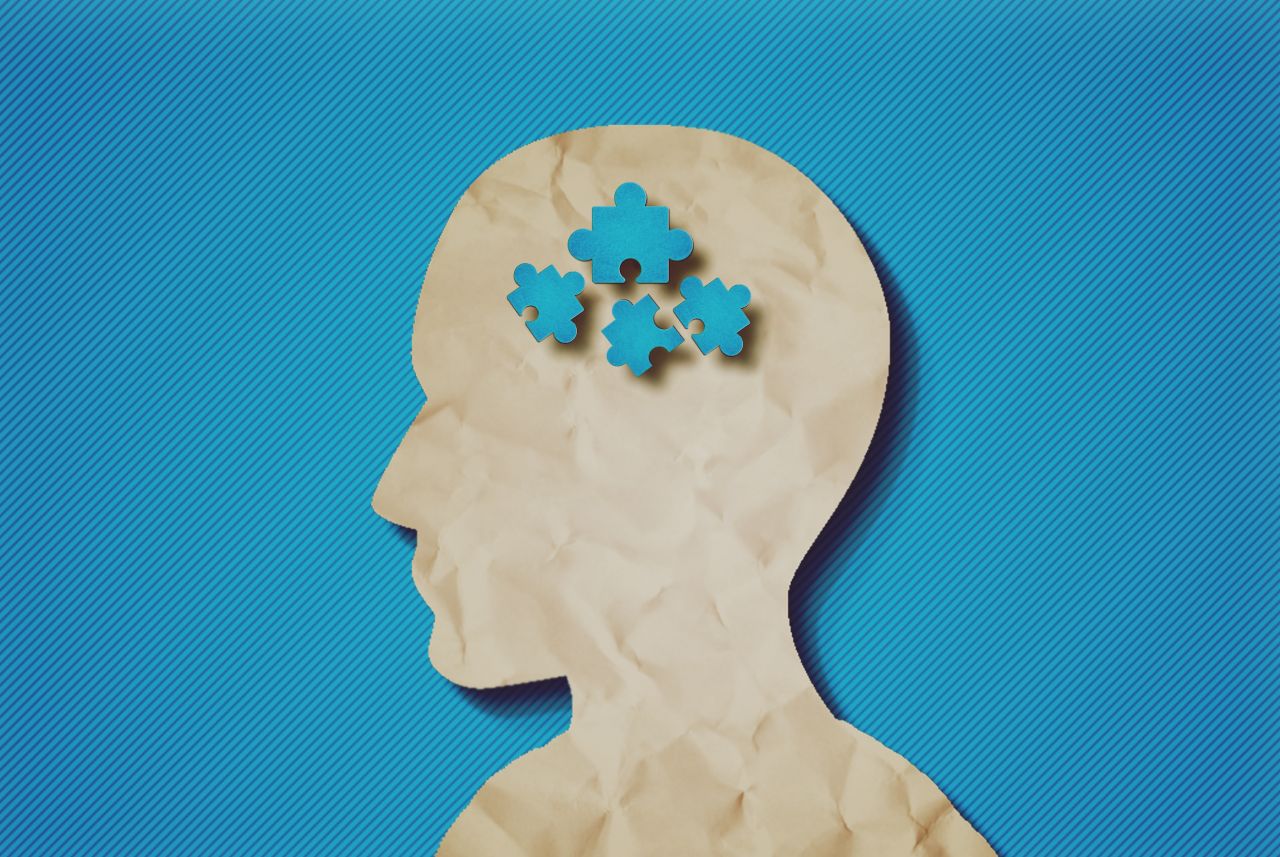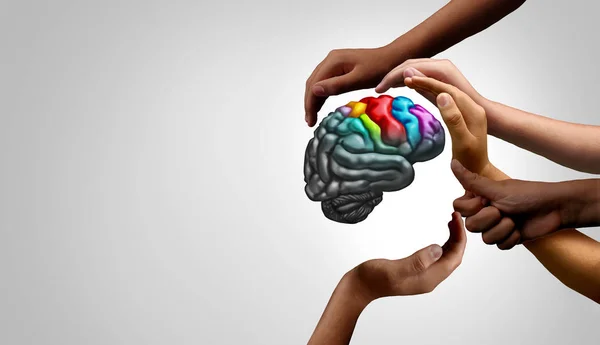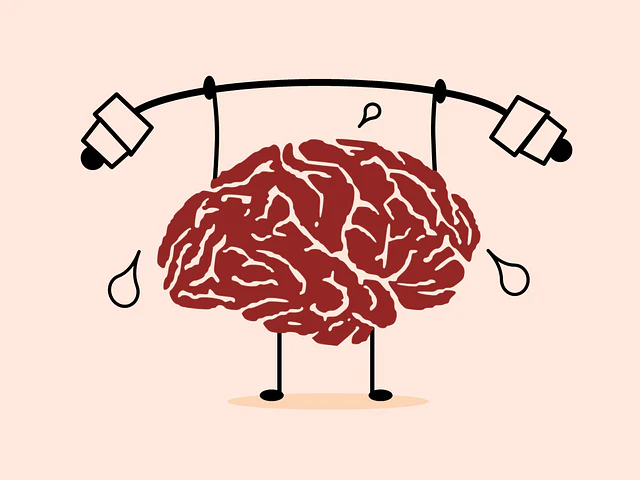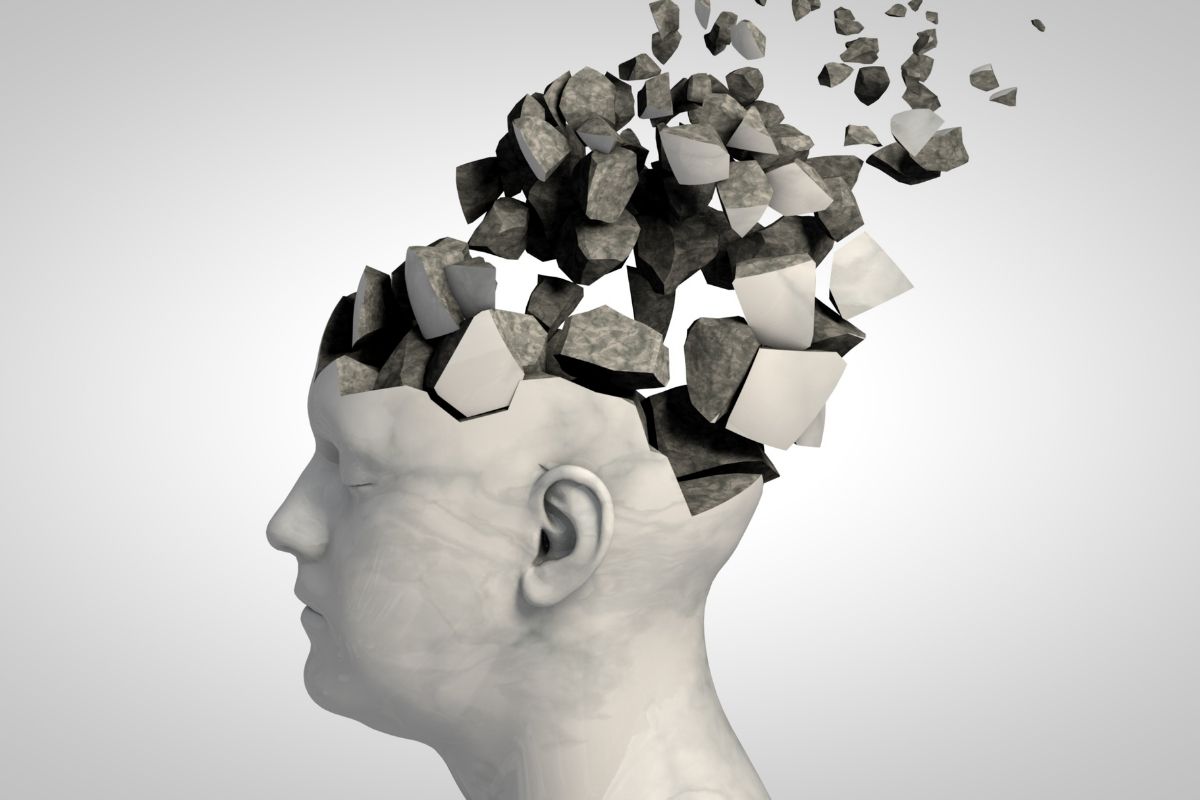Brain fog—those frustrating moments when your mind feels cloudy, unfocused, and sluggish—can really disrupt daily life. Whether it’s from stress, lack of sleep, or just feeling overwhelmed, I know how hard it is to function with a foggy brain. But I found a simple, natural solution that changed everything: a bedtime mix that clears my mind and restores sharpness by morning.
What Is Brain Fog?
Brain fog isn’t a medical condition but rather a symptom. It can make concentrating difficult, slow down your thinking, and zap your energy. Common causes include:
- Poor sleep quality
- Chronic stress
- Nutritional deficiencies
- Dehydration
- Hormonal imbalances
The Bedtime Mix That Made a Difference
After researching and experimenting, I created a soothing drink to enjoy before bed that helps relax my mind and supports better brain function overnight. Here’s what goes into it:
- Chamomile tea: A natural relaxant that calms the nervous system and promotes restful sleep.
- Ashwagandha powder: An adaptogen that reduces stress and helps balance cortisol levels.
- Cinnamon: Known for its antioxidant properties and ability to improve blood circulation.
- Raw honey: Adds a touch of sweetness and supports brain health with natural enzymes.
- Warm almond milk: Rich in magnesium and healthy fats that aid cognitive function.
How to Make It
- Warm 1 cup of almond milk (or your preferred milk).
- Stir in 1 teaspoon of chamomile tea or chamomile tea bag.
- Add 1/2 teaspoon of ashwagandha powder.
- Sprinkle 1/4 teaspoon cinnamon.
- Sweeten with 1 teaspoon raw honey.
- Mix well and sip slowly about 30 minutes before bedtime.
Why It Works
This blend combines ingredients known to relax your body, reduce stress, and improve sleep quality—key factors in beating brain fog. When your sleep is deep and restorative, your brain clears out toxins and recharges. Over time, this simple habit helped me regain mental clarity, focus, and energy.
Additional Tips to Keep Brain Fog Away
- Stay hydrated throughout the day.
- Limit caffeine and sugar in the afternoon and evening.
- Practice mindfulness or gentle stretching before bed.
- Avoid screens at least an hour before sleep.








